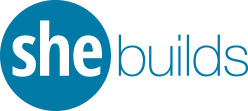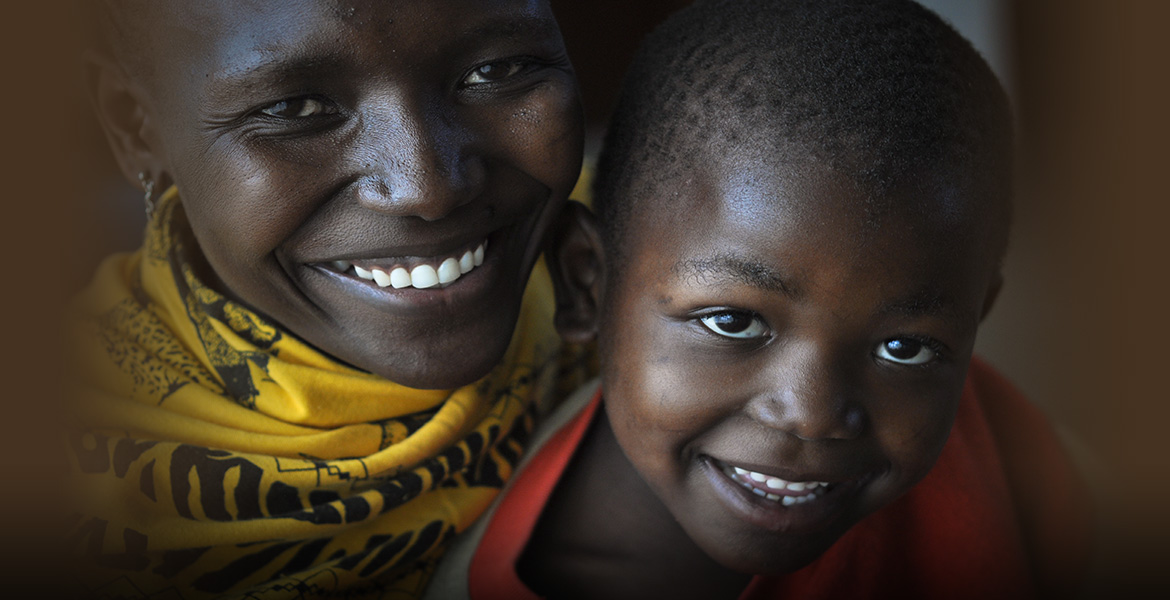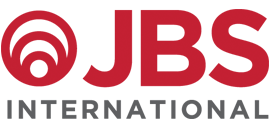Learn what She Builds partners are doing
Devex
Devex is the world’s leading source of news and information on international development cooperation, humanitarian relief and global health, serving more than half a million professionals and 1,000 organizations in more than 100 countries with the information they need to advance their business and careers. Our motto is "Do Good. Do It Well.™" because we believe a more efficient global development industry can change the world.
United Nations Office for Project Services
The mission of UNOPS is to serve people in need by expanding the ability of the United Nations, governments and other partners to manage projects, infrastructure and procurement in a sustainable and efficient manner. Working in more than 80 countries, UNOPS supports partners in the implementation of approximately 1,000 projects that range from managing the construction of roads in South Sudan to building shelters in Haiti to procuring educational computers in Argentina. UNOPS works closely with governments and communities to ensure increased economic, social and environmental sustainability for the projects it supports. A large number of projects supported by UNOPS work to improve gender equality and the empowerment of women. Many of these projects involve building facilities that specifically help girls and women to receive justice, education and health care. With its institution-wide framework on gender equality, UNOPS is strengthening efforts to increase the recruitment of women.
Millennium Challenge Corporation
MCC is an innovative U.S. agency that is working to reduce global poverty through economic growth. Created by the U.S. Congress in January 2004, with strong bipartisan support, MCC provides time-limited grants and assistance to countries that demonstrate a commitment to good governance, the rule of law and respect for equal rights. Gender inequality can be a significant constraint to economic growth and poverty reduction. MCC is committed to ensuring that gender is considered in all stages of its work with partner countries at the policy and project levels. MCC’s gender policy mandates the consideration of gender differences and inequalities in the selection of eligible countries, the development and design of compacts, the assessment and implementation of projects, the monitoring of program results, and the evaluation of program impacts.
JBS International
Founded in 1985, JBS International is a women-owned business providing management and program support through its expertise in research; monitoring and evaluation; instructional design; online/in-person training; communications; knowledge management; policy analysis; information technology applications; and social marketing. JBS applies these and other skills across diverse sectors such as education and capacity building; institutional and organizational strengthening; public health; leadership development; conflict/violence mitigation; support for marginalized populations; and gender. To help ensure success and sustainability, JBS’s services are grounded in evidence-based research and theories of change. JBS’s global Gender Practice helps advance women’s rights and empowerment by conducting gender assessments and gender analyses; providing gender training and technical assistance; gender sensitive indicator development; and both stand-alone and integrated gender program design. JBS has worked in 110 countries with a multi-cultural, multi-lingual staff able to conduct business in 21 languages. Click here to see a special message from JBS Co-CEOs.
DFID
The Department for International Development leads the U.K. government’s effort to fight global poverty. DFID’s overall aim is to reduce poverty in poorer countries, in particular through achieving the Millennium Development Goals. DFID spends U.K. resources to support poor people around the world. Resources are delivered through a range of partners including multilateral institutions, civil society organizations and the private sector. Additionally, DFID has a bilateral country program in 28 priority countries so that support can be targeted where it will make the biggest difference. A priority for DFID is to lead international action to improve the lives of girls and women by getting economic assets directly to girls and women, getting girls through secondary school, delaying first pregnancy, supporting safe childbirth and preventing violence against girls and women.
Creative Associates International
Creative is a minority, women-owned and managed professional and technical services firm that provides on-the-ground support for economic, development and humanitarian assistance goals. Based in Washington, D.C., Creative has projects in more than 20 countries. Creative’s professionals work in partnership with networks of local, regional and national NGOs, international donors, multilateral organizations and universities across the globe. Creative helps its clients form more empowered and effective communities, systems and institutions. Recognized for its ability to operate and adapt rapidly and effectively in difficult environments, Creative is committed to innovating sustainable solutions to solve complex development problems based on principles that promote peace and prosperity.
Chemonics
Entirely employee-owned, Chemonics is driven by its mission of helping people live healthier, more productive and more independent lives. With experience in more than 150 countries, Chemonics partners with governments, businesses, civil society groups and communities to build capacity and promote lasting change in the areas of agriculture, conflict and disaster management, democracy and governance, education, energy, environmental services, financial services, gender, health, management solutions and private sector development. For more than two decades, Chemonics has worked to identify gender issues and find ways to increase the involvement of men and women. The company’s gender work integrates cross-cutting tools and strategies that help to empower women and girls to succeed alongside men and boys in economic, educational, governmental and business contexts. Above all, Chemonics strives to advance efforts to improve gender equity and equality in the countries where it works.
Cover photo by:
Chemonics International








